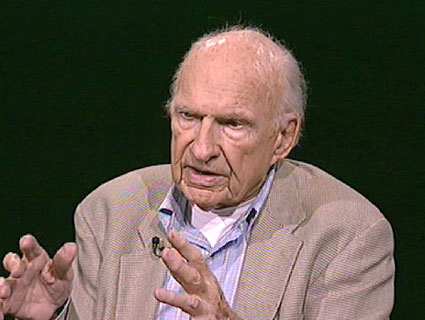

This “disembedding” was, in part, social. Charles Taylor has recently described this collision as “The Great Disembedding” - an awkward but powerful phrase. But the men and women of this era had better reason to praise reason than we do three centuries later. Of course, it was the intellectual movement that privileged the powers of reason.


Like physicists working in the shadow of Heisenberg and Bohr, most historians have since resigned themselves to a phenomenon that refuses to obey any single set of laws.īut beyond this negative consensus - namely, that the Enlightenment was not what we once thought it was - there is little agreement as to what it was, when it was, and where it was. Time has taken its toll on Gay’s various metaphors - “party,” “family,” and “flock” - that tried to impose unity on the conflicting and contradictory characteristics of the Enlightenment.

In his insistence on a “unified field theory” for the Enlightenment, Peter Gay is the historical profession’s Albert Einstein. Indeed, in the 50 years since Gay’s several books on the subject, our understanding of the era has dramatically changed - the accumulated weight of historical research has collapsed the model of a single Enlightenment. Two hundred and fifty years later, the simplicity of this view has given way to a far more complex picture. These men and women believed that beneath the welter of linguistic and geographical differences, behind the chaos of historical events, below the heavy sands of tradition and superstition that a single and unchanging set of values abided could be unearthed and its progress mapped. In its salons and academies thrived what Peter Gay, the 20th century’s ur-historian of the era, called the “party of humanity.” There were, he announced, “many philosophes in the eighteenth century, but there was only one Enlightenment.” These philosophes broadcast the good news of modernity: the rightness of reason, the possibility of progress, the existence of a set of laws governing all societies. Once upon a time, the Enlightenment was one, not many - a single event spanning 18th-century Europe, ranging far and wide, but whose language was French and capital was Paris. Rarely has a movement devoted to fire and light created so much smoke and confusion. WILL THE REAL Enlightenment please stand up?Īnd you, dear reader, please sit down while historians hash out an answer, for James MacGregor Burns’s book is but the latest addition to the teeming throng of works devoted to the subject.


 0 kommentar(er)
0 kommentar(er)
